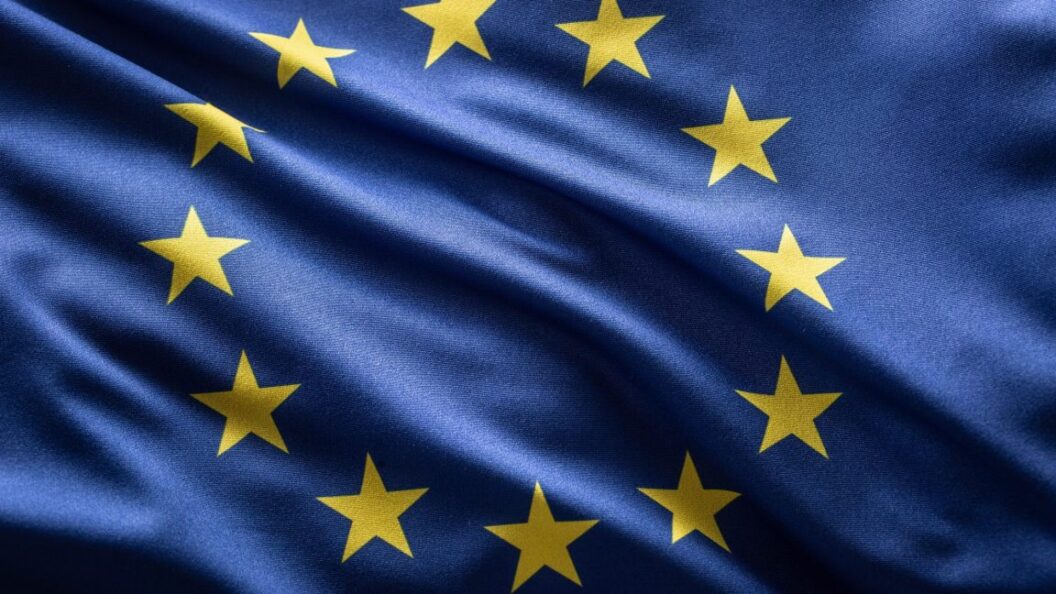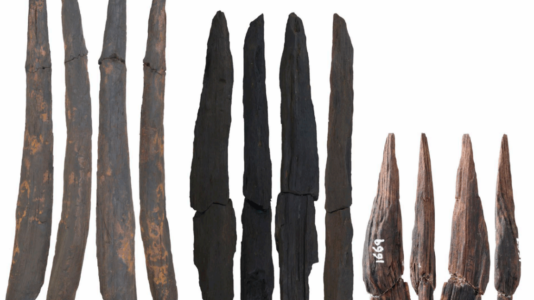European Institutions Intensify Efforts to Attract U.S. Scientists Amid Declining Interest
Introduction
Recent shifts in the global scientific landscape have prompted European institutions to ramp up initiatives aimed at attracting American researchers. As international interest in working at U.S. research centers dwindles, specific programs have emerged to create a more welcoming environment for scientists facing challenges in the United States.
Decline in U.S. Research Applications
A notable decline in applications from scientists in Canada, China, and Europe to U.S. research centers has been observed, with figures dropping by 13 percent, 39 percent, and 41 percent, respectively, during the first quarter of the year. This trend reflects growing concerns over the political climate and research funding policies which may have discouraged potential applicants.
Initiatives by European Institutions
In response to this trend, several European universities have launched targeted programs to attract U.S. talent. Aix-Marseille University in France is at the forefront with its recently unveiled initiative, "A Safe Place for Science," specifically designed to accommodate American researchers who have faced dismissal, censorship, or restrictions due to previous U.S. government policies. This initiative is supported by an investment of approximately €15 million.
Similarly, the Max Planck Society in Germany has initiated the Max Planck Transatlantic Program. This program aims to create joint research centers with U.S. institutions. Patrick Cramer, director of the Max Planck Society, noted the potential for “outstanding investigators who have to leave the U.S.” to be offered director positions within the program.
Spain Seeks a Leading Role
Strategic Focus on Scientific Talent
Spain is also actively working to enhance its appeal to global scientific talent. Juan Cruz Cigudosa, the country’s secretary of state for science, emphasized Spain’s focus on fields such as quantum biotechnology, artificial intelligence, advanced materials, and semiconductors. The government of Pedro Sánchez aims to bolster the nation’s technological sovereignty through these initiatives.
To attract foreign researchers, the Spanish government has reinforced several existing programs. The ATRAE program has been supplemented with €45 million, specifically targeting established researchers in strategic fields, with an emphasis on U.S. scientists who may feel undervalued. Successful candidates from the U.S. may receive an additional €200,000 in funding for their projects.
Investments in Early-Career Scientists
The Ramón y Cajal program, established 25 years ago to support the careers of young researchers, has also seen a 150 percent increase in funding since 2018. This enhancement allows the program to support up to 500 researchers annually, with 30 percent of these positions reserved for foreign scientists.
Cigudosa expressed a clear intent to “intensify efforts to attract talent from the United States,” emphasizing a commitment to fostering a scientific environment devoid of ideological constraints. His remarks highlighted the belief that scientific and technological knowledge contributes to shared prosperity and a visionary future for the country.
Conclusion
The recent decline in American applications to research institutions has sparked a robust response from European universities eager to attract U.S. researchers. With significant financial backing and targeted programs, nations like France and Spain are positioning themselves as viable alternatives for scientists seeking opportunities abroad. As this shift unfolds, the potential influx of talent may not only enhance European scientific research but also catalyze a re-evaluation of the global research landscape’s dynamics. The significance of these initiatives points toward not just a local impact but a reshaping of international scientific collaboration in a rapidly evolving world.









